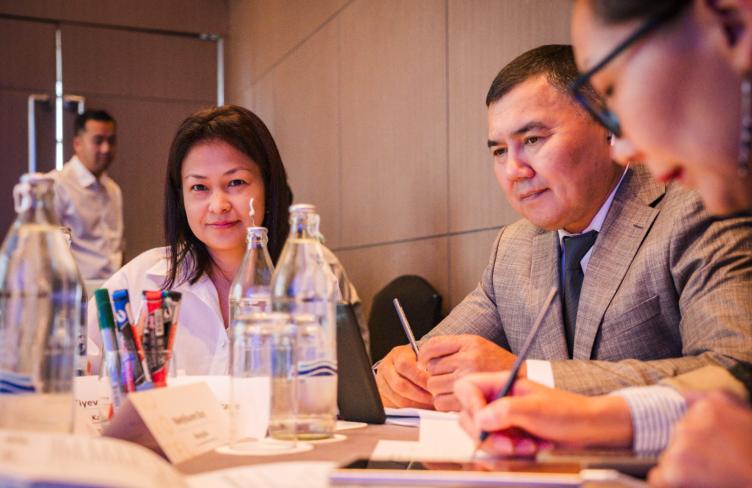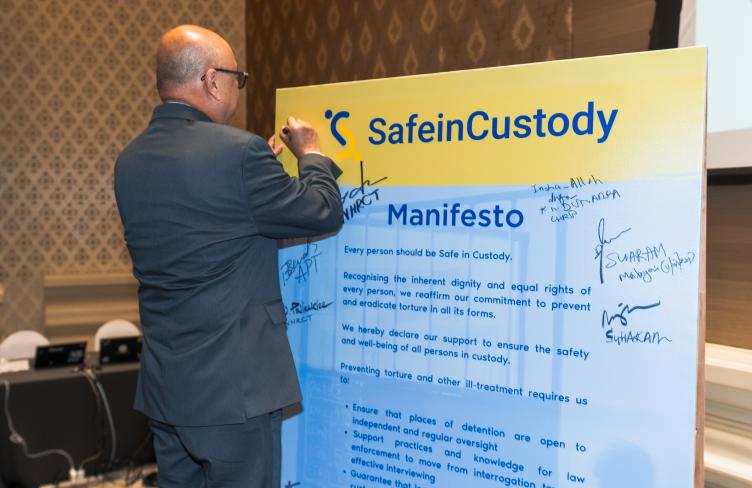
Las personas LGBTI detenidas se encuentran en una situación muy preocupante a nivel mundial. La comunidad internacional se ha mostrado dividida e incoherente en su respuesta, según Jean-Sébastien Blanc.
Simply imagine: You are in a hospital receiving treatment for a stomach ulcer. Suddenly, two police officers enter the ward and ask you to go with them. Intimidated, you follow them. At the police station, you are verbally abused and punched repeatedly. Why? Only because you are gay.
This is what happened this year with Ihar Tsikhanyuk, a young man from Belarus who had tried to register to a human rights organisation supporting the rights of lesbian, gay, bisexual, transgender and intersex (LGBTI) people. The case of Ihar is only one among many others, where LGBTI people are exposed to discrimination and violence from law enforcement officials.
LGBTI people, when deprived of their liberty, are in a situation of particular vulnerability. In most contexts, and even in countries where same-sex relations are not criminalized, they are considered a “sub-category of prisoners”, as formulated by the United Nations Special Rapporteur on Torture. Transgender detainees are particularly exposed to violence, including sexual assault, at the moment of the arrest and during interrogation.
Shockingly, 95% of transgender women in Latin America reported that they had suffered police brutality on the street, in police vehicles or police station.
Today, we publish together with Penal Reform International (PRI) an analytical paper on how monitoring bodies can incorporate the issue of sexual minorities in their work.
The situation of LGBTI detainees worldwide is worryingly grim and the response from the international community has been fragmented and inconsistent. The fact that sexual minorities represent a small percentage of the prison population is an additional risk factor. Their specific needs are often neglected and responses to their concerns are in most cases inappropriate. For example, prison authorities may unilaterally decide to place a homosexual detainee in indefinite solitary confinement as a protective measure, and therefore depriving him or her of social contacts, education, work, etc.
Despite the bleakness of the overall picture, there are examples of good practices from State authorities, such as special search procedures for transgender detainees or specific counseling for LGBTI detainees. However, this is just one step forward on a long and sinuous path, where some States push to move backward.
Against this backdrop, detention monitoring bodies can play a crucial role in strengthening the protection of sexual minorities in detention and contribute to build a future where Ihar Tsikhanyuk and others will not be arrested, insulted and beaten up by the police because of who they are. The analytical paper “LBGTI persons deprived of their liberty: A framework for preventive monitoring” seeks to provide guidance for assessing risk factors and making recommendations to improve their condition of treatment. It forms a part of a Detention Monitoring Tool Resource jointly developed by PRI and APT.


